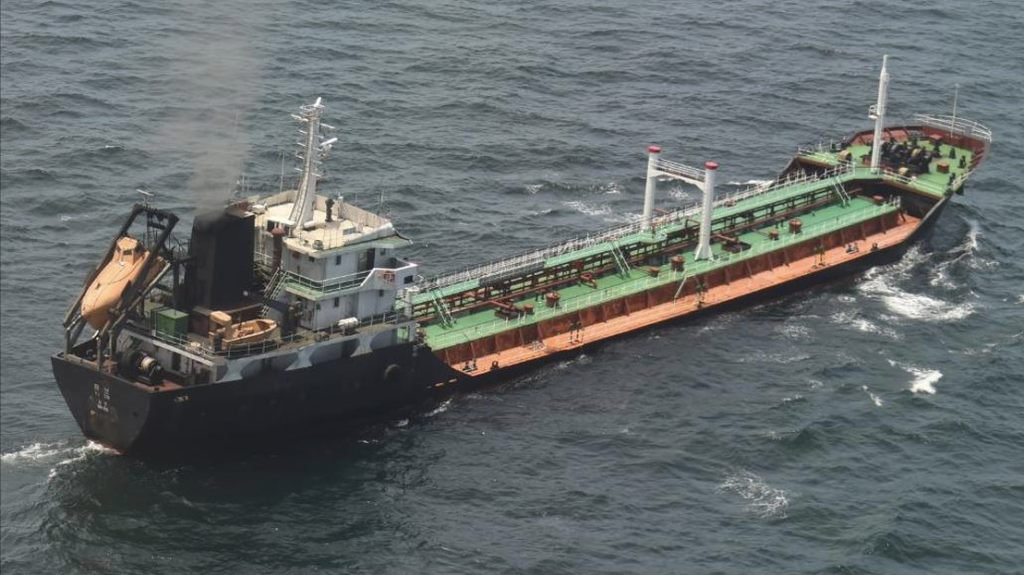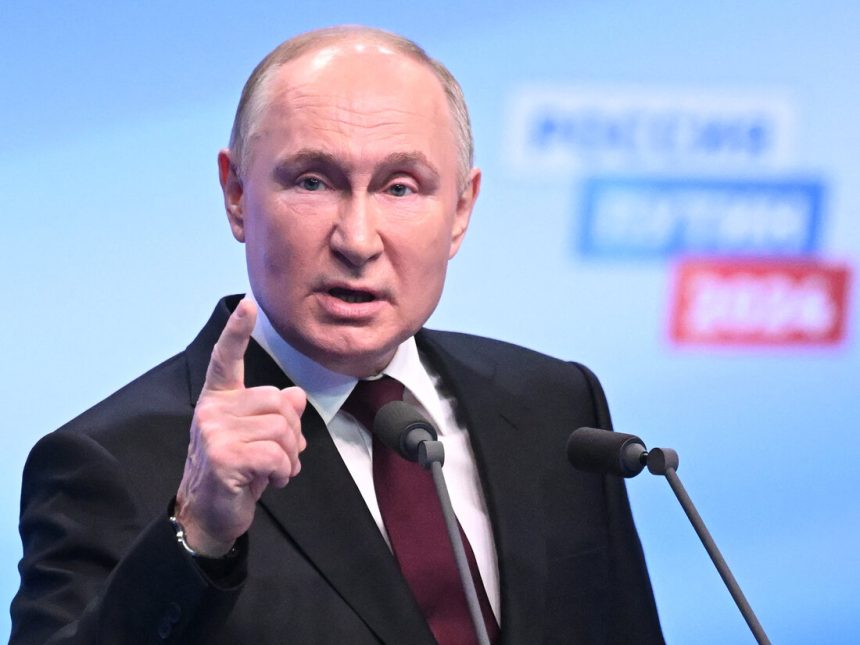Russia has once again voiced its criticism of the United States’ actions in Asia, accusing Washington of using Taiwan as a tool to provoke instability in the region.
In a statement to the Russian news agency TASS, Deputy Foreign Minister Andrei Rudenko alleged that the U.S. is deliberately undermining the region’s stability by increasing its military and political engagements with Taiwan. Moscow reaffirmed its support for China’s stance on Taiwan, which Beijing considers an integral part of its territory.
Rudenko criticized the U.S. for what he described as a violation of the “One China” principle—a policy Washington officially acknowledges. According to the principle, countries are expected to recognize Beijing as the sole legal government of China, while Taiwan remains a self-governing entity that China claims as its territory.

Rudenko accused the U.S. of intensifying arms sales to Taiwan and strengthening military-political ties with the island under the pretext of maintaining the “status quo.”
“The goal of such obvious U.S. interference in the region’s affairs is to provoke the People’s Republic of China (PRC) and create a crisis in Asia to suit its selfish interests,” Rudenko stated. His comments align with Moscow’s broader support for China’s position on Taiwan and its criticism of U.S. involvement in the Asia-Pacific region.
READ ALSO: TikTok CEO Shou Zi Chew Seeks Elon Musk’s Input on US Relations Amid New Administration Transition
While Taiwan operates as a democratic government with its own elected leadership, the United States has walked a diplomatic tightrope in its dealings with the island. Despite not having formal diplomatic ties with Taiwan, the U.S. remains its most critical ally, supplying advanced weaponry and advocating for its participation in global forums.
In September 2024, U.S. President Joe Biden approved a $567 million military aid package for Taiwan, intensifying the growing tensions between the U.S., China, and their respective allies. The U.S. has defended its actions, arguing they are essential for preserving peace and stability in the Taiwan Strait, a strategic waterway vital for global trade.

Russia’s recent remarks underscore the deepening alliance between Moscow and Beijing. Since the declaration of a “no limits” partnership in February 2022—coinciding with President Vladimir Putin’s visit to Beijing ahead of Russia’s invasion of Ukraine—the two nations have strengthened their strategic ties.
The partnership aims to counter what both countries perceive as U.S.-led hegemony and interference in their respective spheres of influence.
READ ALSO: Trudeau Faces Backlash Over Accusations Against Indian Leaders
In May 2024, Putin and Chinese President Xi Jinping pledged to usher in a “new era” of cooperation, emphasizing their shared opposition to U.S. policies, which they claim foster global instability. From Europe to the Indo-Pacific, China and Russia have aligned their criticisms of Washington’s foreign policy, particularly regarding issues like NATO expansion, the Ukraine conflict, and Taiwan.
The U.S.’s actions in Asia, particularly its support for Taiwan, have drawn consistent criticism from Beijing. China considers Taiwan a red line and has repeatedly warned against foreign interference. Military drills near Taiwan have become routine, reflecting China’s frustration over what it perceives as growing international recognition of the island.

Russia’s alignment with China on the Taiwan issue is part of a broader strategy to challenge U.S. influence globally. Both countries frame the U.S. as a destabilizing force, with Rudenko asserting that Washington’s actions aim to “inflame” the situation in Asia to achieve its own strategic goals.
As Taiwan continues to emerge as a focal point in U.S.-China relations, the geopolitical landscape of Asia grows increasingly volatile. With Russia openly backing China’s claims and criticizing U.S. policies, the region risks becoming a new theater for great-power competition.
The unfolding situation around Taiwan is a reminder of the interconnectedness of global conflicts. As China, Russia, and the U.S. vie for influence, the world watches closely, aware that a miscalculation in this tense environment could have far-reaching consequences.

